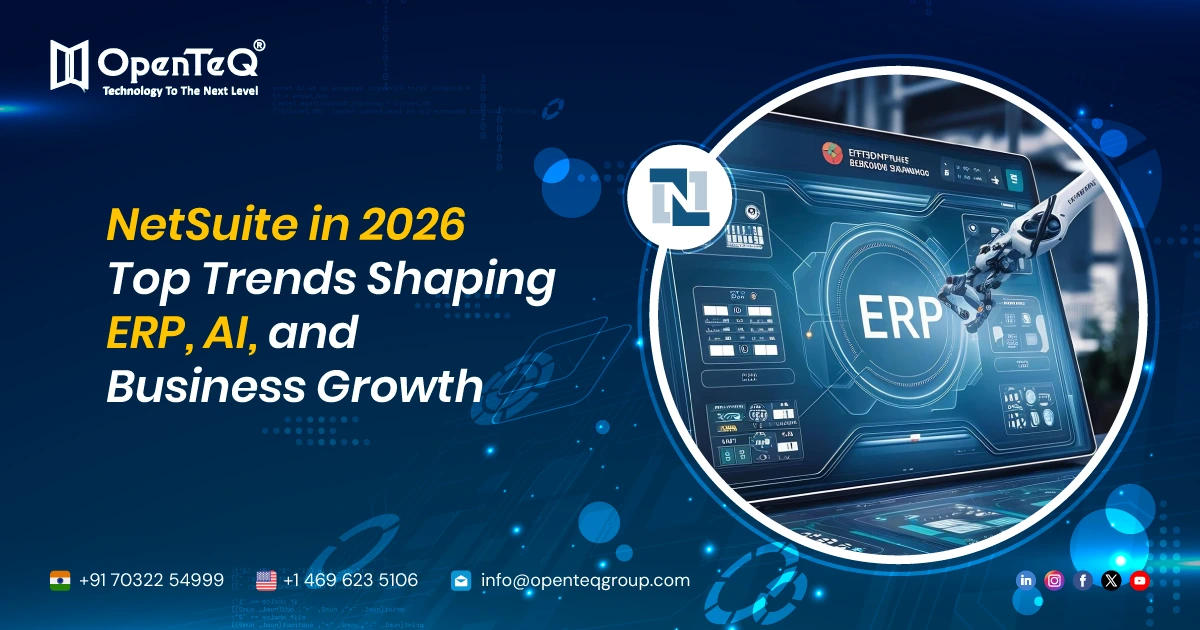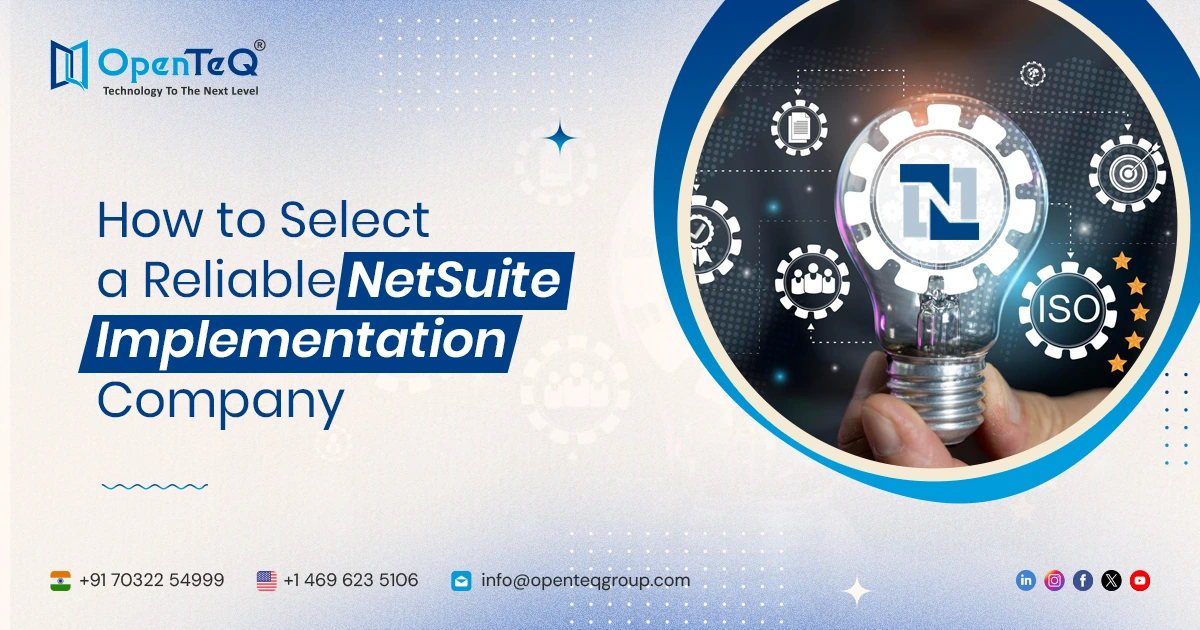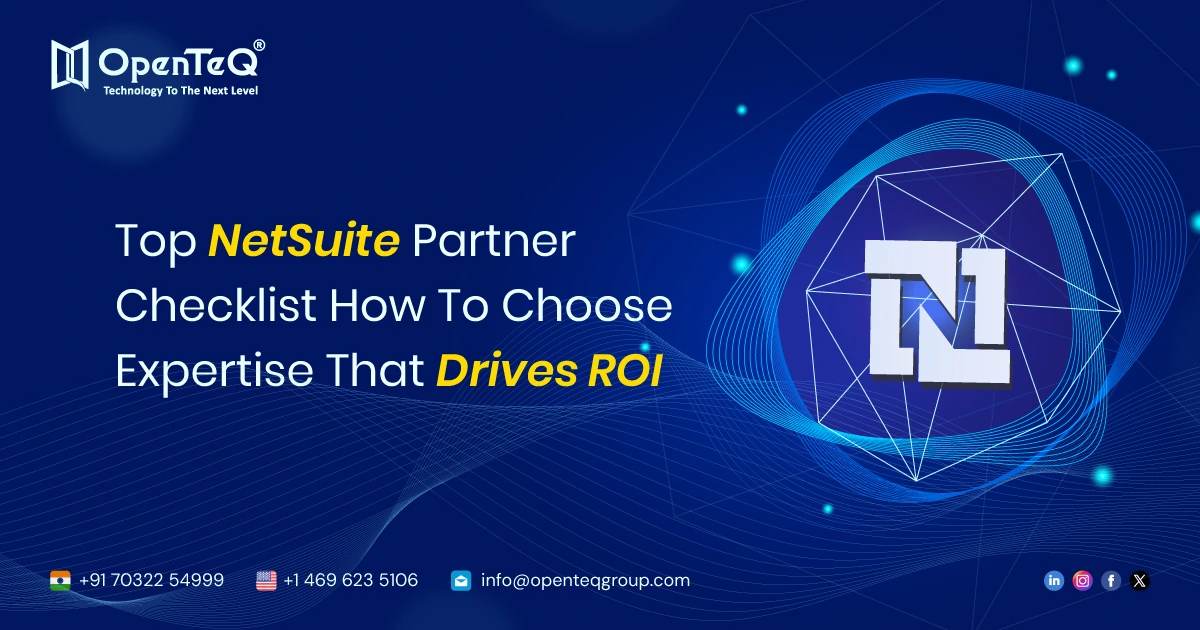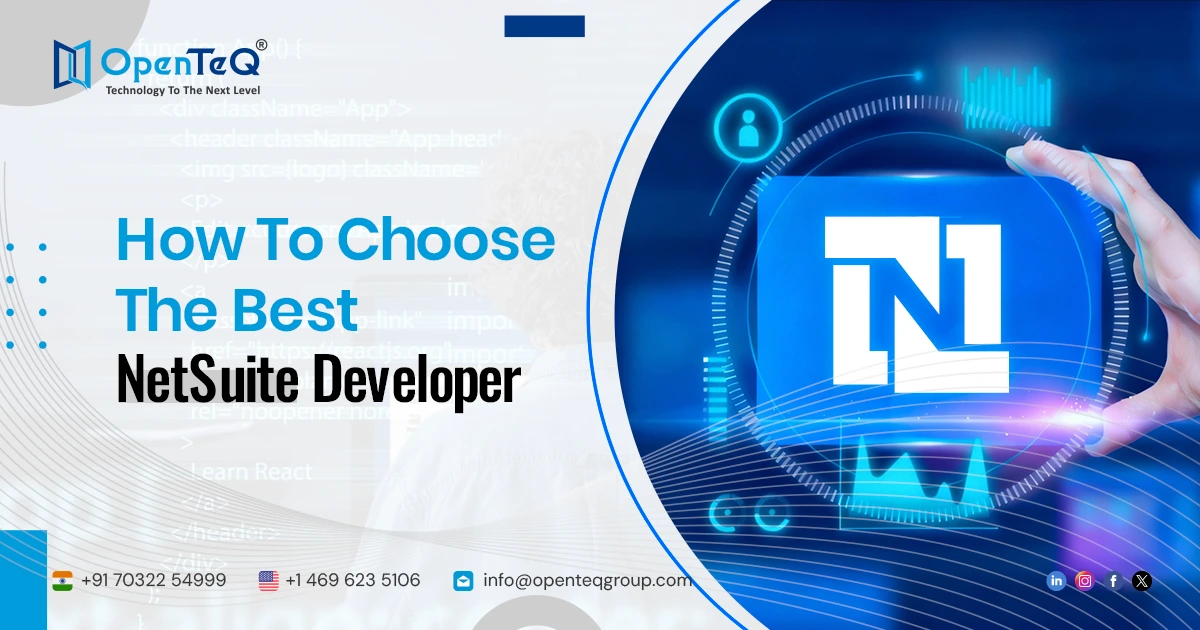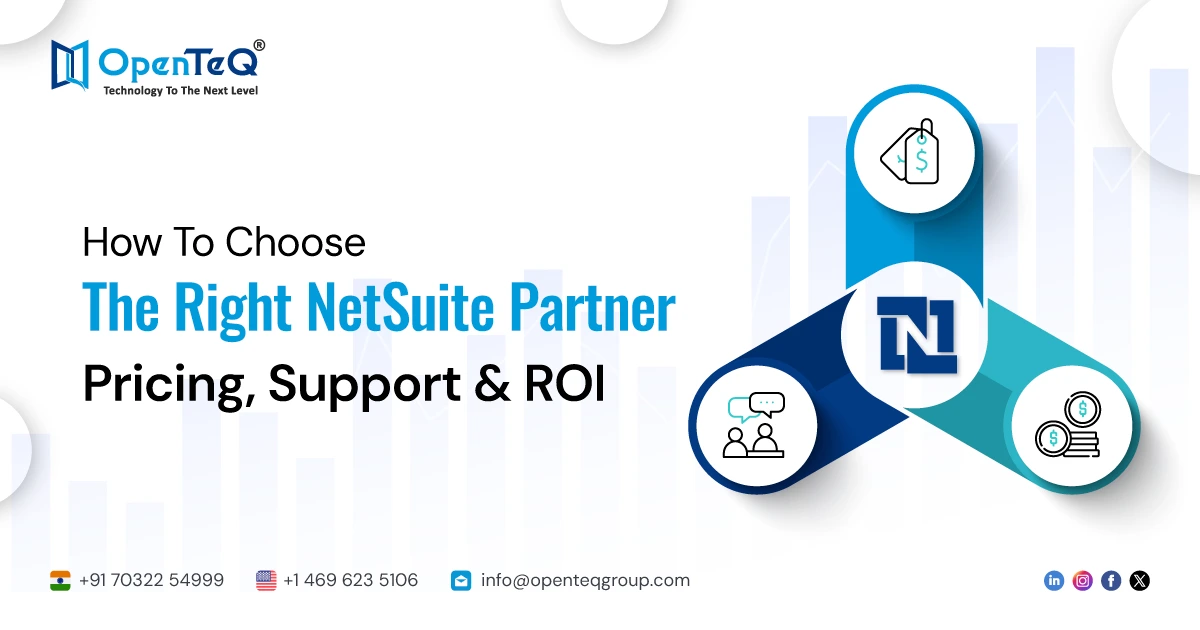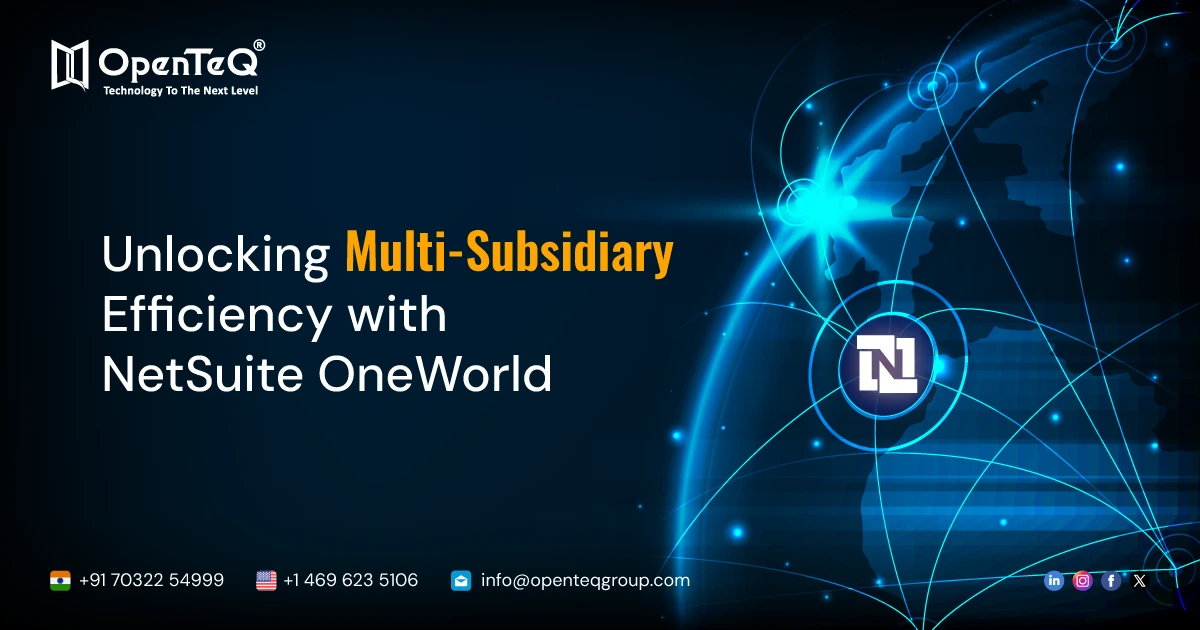Best Practices for NetSuite OAuth Authentication in the Current Digital Landscape
By confirming that a user's credentials match those kept in an authorized user database or authentication server, authentication technology allows access to a system. Protecting systems, procedures, and corporate data is its main goal. There are various forms of authentication, such as OAuth, biometric, password-based, token-based, multi-factor authentication (MFA), and single sign-on (SSO).
OAuth Verification
A popular authentication mechanism called OAuth (Open Authorization) was created to guarantee safe resource access. It makes it possible for a program to act on behalf of a user without requiring awareness of the user's login information. OAuth 2.0 and 1.0 are the two forms of authentication.
OAuth 1.0
A common method for integrating NetSuite with other systems is OAuth 1.0. With NetSuite's OAuth 1.0, users can authorize an application to access their data by following the original OAuth protocol's authorization flow. To interact with and manage the user's data, the application must first obtain an access token. Engage with NetSuite Professional Services to stay informed about the latest updates and enhancements in OAuth authentication.
NetSuite Partners with OpenTeQ Technologies to Streamline Business Operations
Benefits
Message integrity and cryptographic signatures are two security features provided by OAuth 1.0 that protect the integrity and validity of data transfers between clients and servers. It maintains its independence from all modes of transportation, providing versatility and adaptability.
Each message that is sent back and forth between the client and the server is individually signed using cryptography, ensuring that the integrity and validity of each communication can be independently confirmed. Leveraging the expertise of a NetSuite Partner in the USA can further enhance your security posture, providing peace of mind and allowing you to focus on your core business operations.
Disadvantages
Integration challenges may arise from OAuth 1.0's inability to handle non-browser-based application clients. Because there isn't clear role separation and shared secret management, its implementation can be complicated.
If not properly managed, access tokens issued using OAuth 1.0 may be subject to extended usage and storage, increasing the possibility of illegal access and revealing possible security flaws.
Comparing OAuth 1.0 and 2.0
OAuth 2.0 is the recommended option for developing new applications since it has advantages over OAuth 1.0. Its adoption is made simple and effective by its simple implementation, lack of complicated cryptographic requirements, and support for non-browser apps. Collaborate with a NetSuite Partner in the USA to conduct user training and awareness programs. This ensures that all users understand their role in maintaining authentication security.
Summary
OAuth authentication is essential to preserving our systems' security. Although OAuth 1.0 is strong and has strong compatibility, OAuth 2.0 is more adaptable and easier to use with a wider range of applications. Which of them best suits your needs will ultimately determine which option you choose. Working with an Official NetSuite Partner ensures that your implementation of OAuth authentication is handled by experts. These partners are well-versed in the intricacies of NetSuite's security protocols and can provide customized solutions tailored to your business needs. Having a complete grasp of these distinctions is crucial when making judgments about data security.
For more information on NetSuite OAuth authentication and professional services, contact OpenTeQ,a NetSuite Partner at info@openteqgroup.com.


